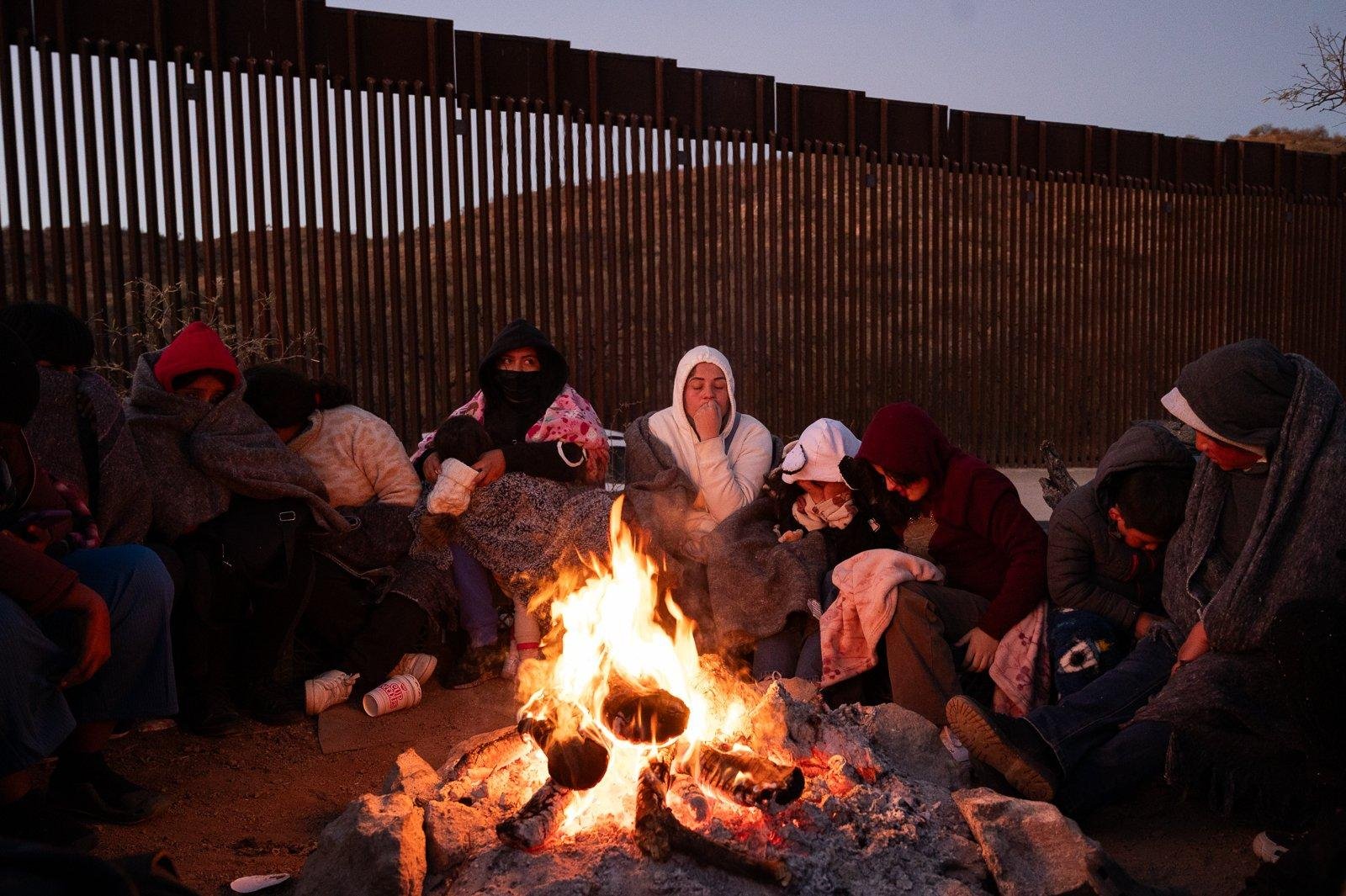arizona
Judge Blocks Trump’s ‘Invasion’ Proclamation, Freezes Deportation Orders

A federal judge has intervened in immigration policy, blocking the Trump administration from deporting asylum seekers. On Wednesday, U.S. District Judge Randolph Moss ruled that President Trump’s January 20 proclamation, which declared an “invasion” at the U.S.-Mexico border, did not provide the legal authority to create an alternative immigration system.
Trump’s proclamation, made on his first day of a second term, effectively barred anyone crossing the southern border without documentation from applying for asylum. Judge Moss stated there is no legal backing for the administration to replace established immigration rules with such measures, which also contravene the United Nations Convention against Torture.
In his ruling, Moss referenced the foundational principle that breaching fundamental laws undermines respect for the rule of law. He emphasized that neither the Immigration and Nationality Act (INA) nor the Constitution affords the president the broad powers claimed in the proclamation. “An appeal to necessity cannot fill that void,” he remarked, highlighting the inadequacy of the administration’s justification.
The case arose from a coalition of immigrant rights groups and 13 asylum seekers who challenged Trump’s actions. They labeled the proclamation as an “extreme presidential overreach,” stressing that it endangered asylum seekers, including families and unaccompanied children, who fled persecution from countries like Afghanistan, Ecuador, and Cuba.
As a result of the ruling, six individuals had already been deported despite pending asylum claims, while the remaining seven asylum seekers are now protected by this order. Rochelle Garza, president of the Texas Civil Rights Project, described Moss’ ruling as a significant victory for human rights, asserting that it sends a clear message against government cruelty towards those fleeing violence.
The decision follows the Supreme Court ruling in Trump v. Casaon, which restricted federal judges’ ability to issue nationwide relief through universal injunctions. Now, plaintiffs must pursue class actions or challenges under the Administrative Procedure Act to seek broader relief.
Moss acknowledged that while his ruling applies to current asylum seekers, he has ordered additional briefing to address the circumstances of those already deported. The Trump administration argued for a more limited scope of relief that would only affect the individual plaintiffs, a stance Moss rejected as inconsistent with existing legal precedents.
Faisal Al-Juburi, representing the lead plaintiff, praised the ruling, asserting it reaffirms the United States as a nation governed by laws. He criticized the administration’s actions as exceeding constitutional boundaries while underscoring the judicial system’s critical role in maintaining order against arbitrary governance.
The ruling is expected to be appealed to the D.C. Circuit and potentially reach the Supreme Court, amid ongoing debates about the legality and morality of immigration policies.


















